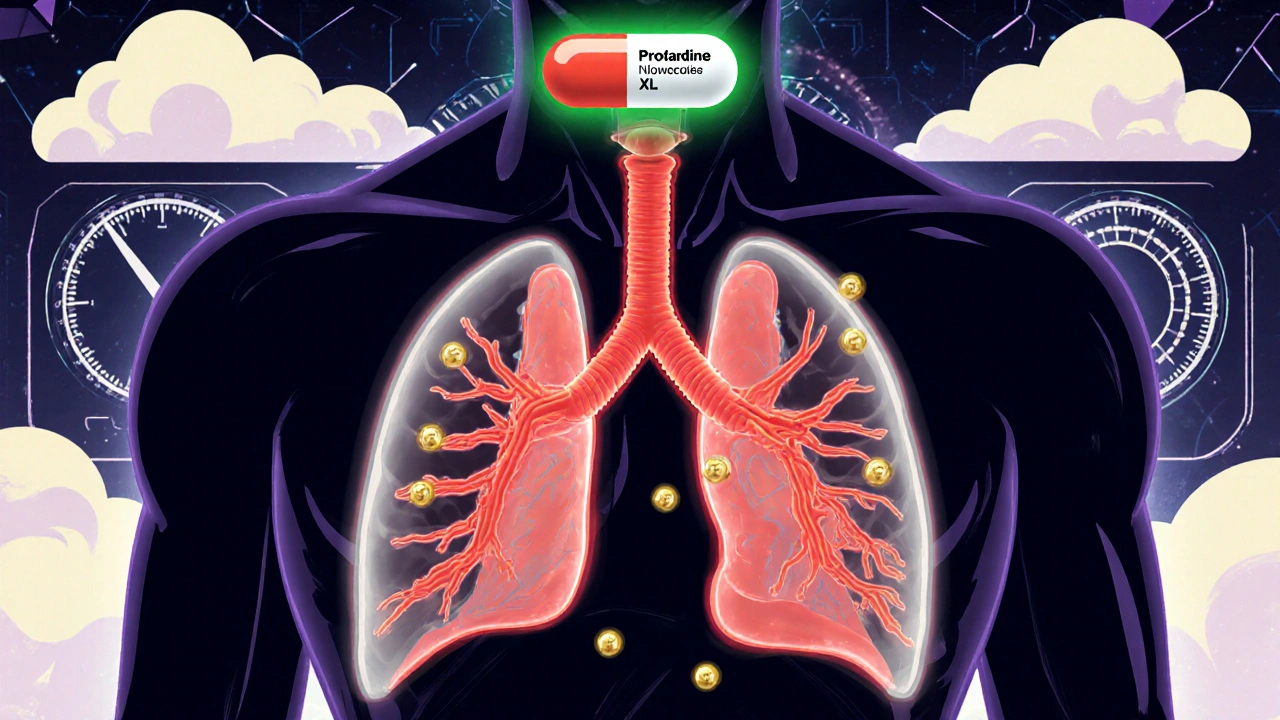Calcium Channel Blocker: What It Is, How It Works, and What You Need to Know
When your heart or blood vessels are working too hard, a calcium channel blocker, a type of medication that stops calcium from entering heart and blood vessel cells. Also known as calcium antagonist, it helps lower blood pressure and reduces strain on the heart by relaxing arteries and slowing heart rate. This isn’t just one drug—it’s a whole family of medicines used for high blood pressure, chest pain, and certain irregular heartbeats.
These drugs work by blocking the flow of calcium into muscle cells. Calcium normally tells those cells to contract. When it’s blocked, the muscles relax. That’s why your arteries widen, blood pressure drops, and your heart doesn’t have to pump as hard. Common types include amlodipine, a long-acting calcium channel blocker often used for daily hypertension control, diltiazem, used for both high blood pressure and heart rhythm issues, and verapamil, often chosen for angina or arrhythmias. Each has slightly different effects, and doctors pick based on your condition, other meds, and how your body responds.
People taking these meds often need to watch for side effects like swelling in the ankles, dizziness, or constipation. Some may feel tired or have a slower heartbeat. These aren’t rare—many users experience them, especially when starting out. That’s why tracking your symptoms and knowing when to call your doctor matters. You’ll also find posts here that show you where to get reliable side effect info, how to spot dangerous reactions early, and how lab tests can catch problems before they get serious. You won’t find vague warnings here—you’ll see real data, real experiences, and real advice on what to do next.
These medications don’t work in isolation. They’re often paired with other drugs, like diuretics or ACE inhibitors, and their effectiveness can change based on diet, age, or other health conditions. That’s why understanding how they fit into your overall treatment plan is just as important as knowing how they work. Whether you’re managing high blood pressure, dealing with chest pain, or helping a loved one navigate their meds, the posts below give you the straight facts—no fluff, no marketing, just what you need to stay safe and in control.

Nifedipine and Asthma: Can You Safely Take This Blood Pressure Med if You Have Breathing Issues?
Nifedipine is generally safe for people with asthma. Unlike beta-blockers, it doesn't tighten airways. Learn how it works, who should be cautious, and what alternatives exist for managing high blood pressure with breathing problems.
